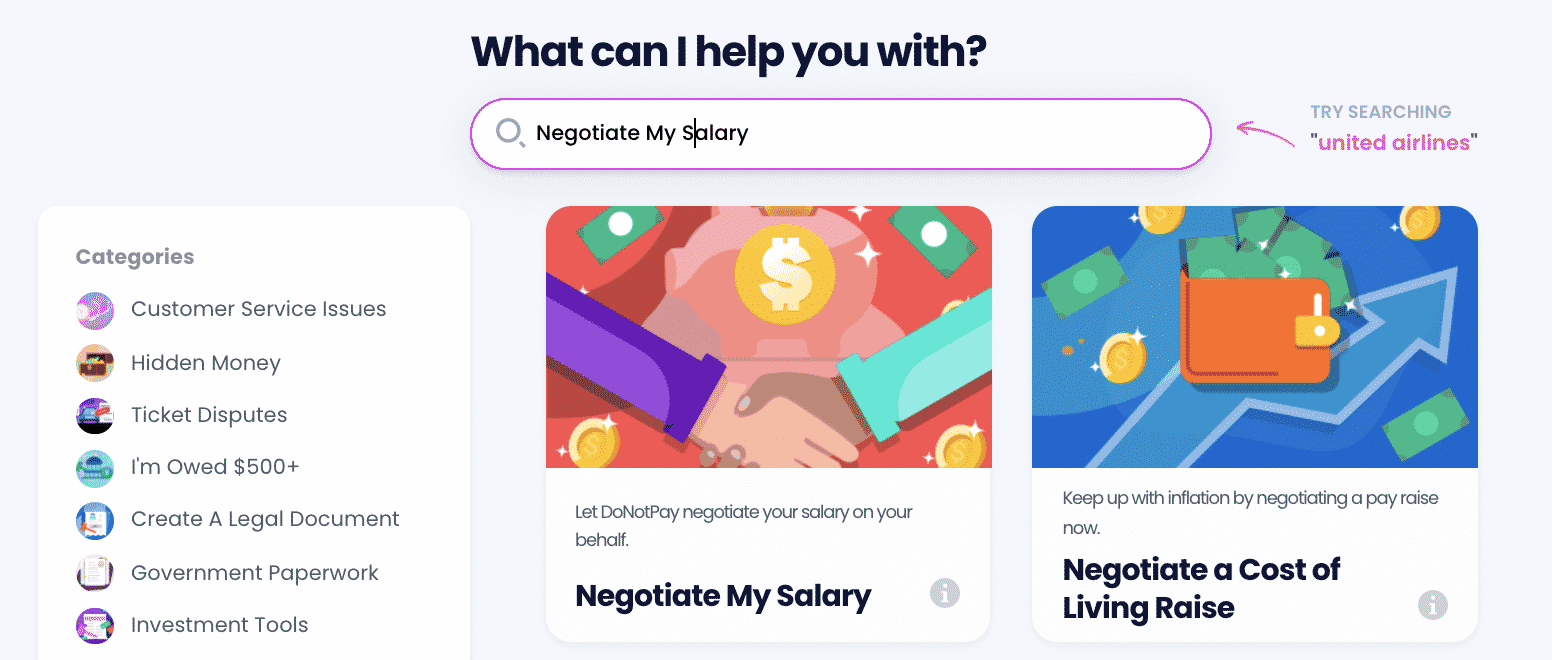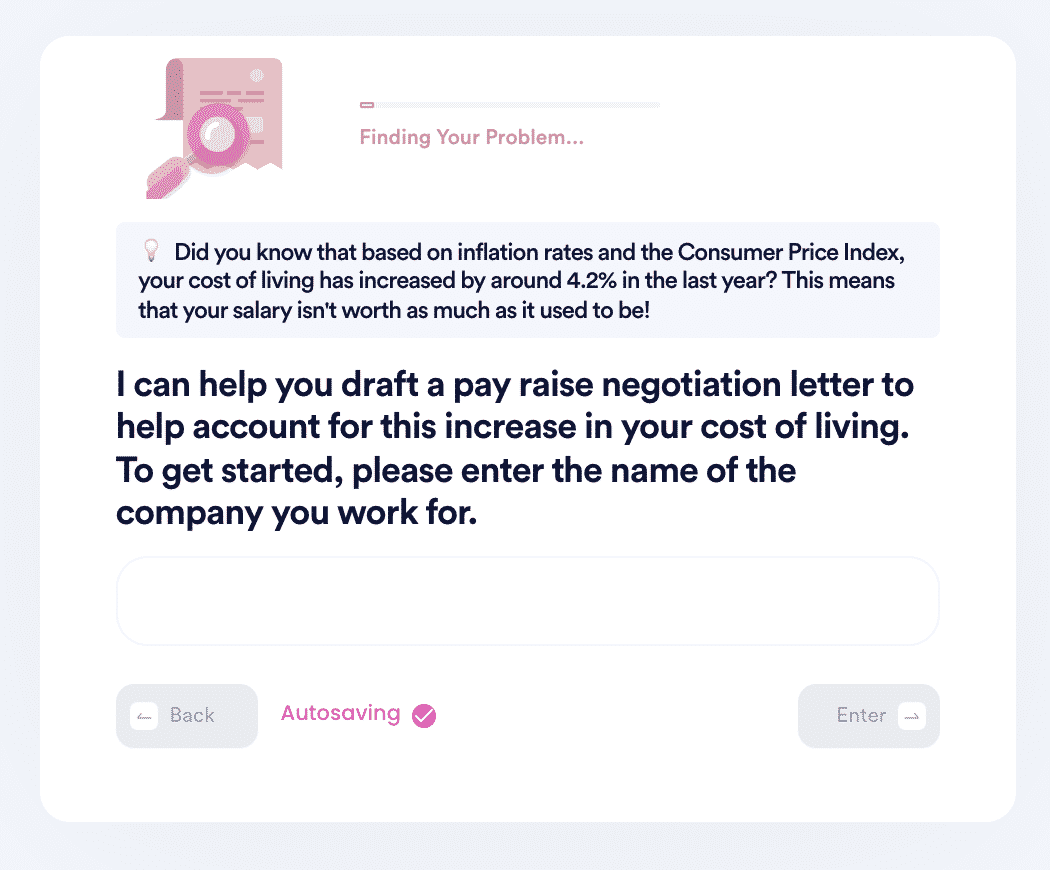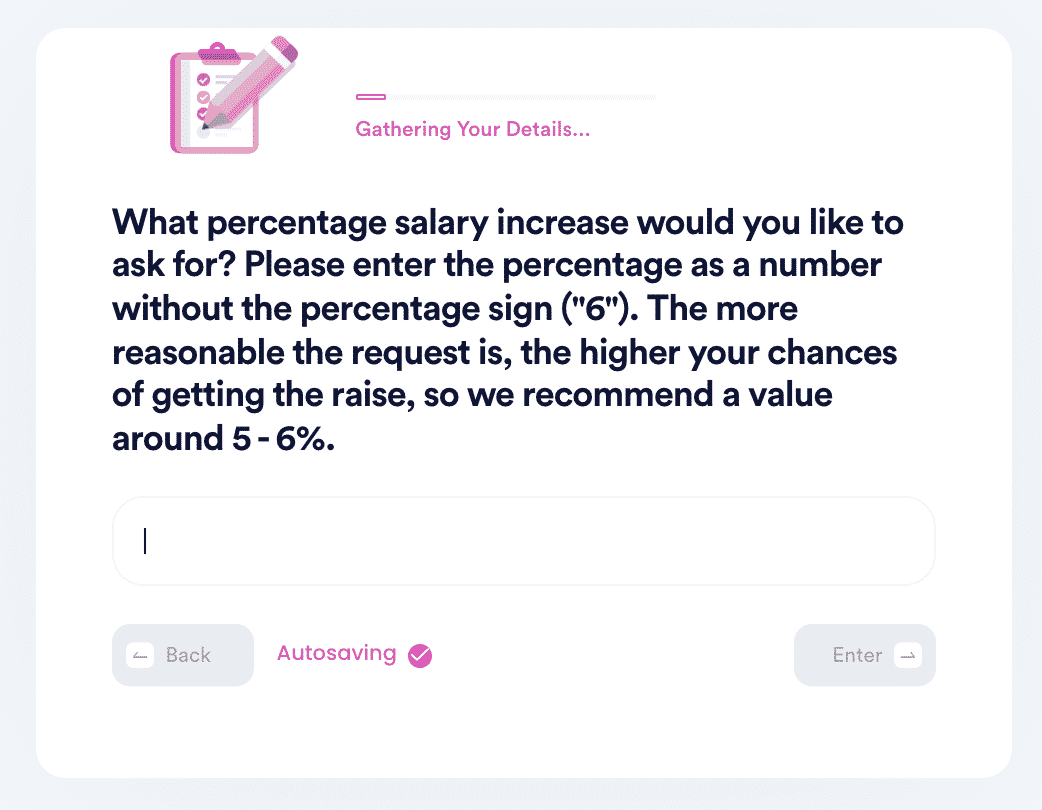A Step-by-Step Guide on Negotiating a Teacher's Salary
Not feeling like you're valuable enough or worthy of could cost you, particularly since educating students is a big and worthy responsibility. Many teachers' salaries have room for negotiation.
The National Center for Education Statistics published 2019-2020 data that showed the average base teacher salary is $63,645 (most recent data available). However, pay for teachers does vary widely from state to state. Also, according to federal data through an Economic Policy Institute analysis, teachers aren't paid as much as comparable similar education level workers.
Many new teachers will happily accept a job offer without even considering negotiating the salary that comes with the job. And, while it's frequently not the cash that drives teachers to pursue the profession, the lack of "salary discussion" typically means employers can pay less for most teachers. Not to mention, since there is such a high concentration of available teachers, generally this means less salary offered for their services. If you just received a job offer, but you were hoping you'd receive a better salary, let DoNotPay help you negotiate a better salary.
How Often Should You Get a Raise?
Most school districts offer a "step and lane" teachers' salary schedule. These grids detail the worth of raises. Each additional year of experience that teachers have under their belt, they earn a "step" increase. Many teachers' highest "step" peaks at approximately age 55.
Teachers can also benefit from "lane" increases. They earn by having more education. Certain districts will pay teachers a premium if they hold a doctoral or master's degree. Others will place teachers on a higher salary bracket after they've earned a specific number of professional development credit hours.
The Education Commission of the States states that there are approximately 17 states that have statewide teacher salary schedules. However, these schedules only represent the minimum amount of teachers' pay that districts have to pay. Salary for teachers is locally determined, which is generally why affluent districts frequently pay a higher salary to their teachers than poorer districts.
Reasons to Get a Raise
Some reasons why you should get a raise include:
- You're taking initiative
- You're doing more than your job requires you to do
- You're a mentor to other staff
- You're reliable
- You have a positive attitude
- You're continually developing new skills
- You contribute to the success of the company
How to Negotiate a Salary For a Teacher by Yourself?
Negotiating a salary or pay raise as a teacher does take several steps.
| Prepare in Advance | When you negotiate your salary or request a pay raise, you must plan out the conversation and practice it, whether you want to:
It would be ideal for you to write down how much of an increase you're looking for and what you plan on saying. |
| Emphasize That You’re Not Going Anywhere | Let your employer know you're here for the long haul and aren't planning on going anywhere. Let them know you enjoy being a teacher and are satisfied with the role. When they know that you're not just a good teacher, but also that you are passionate about your work, the chances of them being open to negotiating your salary may increase. |
| Show Your Value | It's important you realize that you are valuable. You need to have some self-confidence in that. When you're confident in your teaching abilities, start to behave like you're confident and deserve a raise and you'll likely get one. |
| Research and Determine if You’re Underpaid | Next, you'll want to do some research on how much teachers are being paid in your area. If you find that the average teachers' salary of your colleagues is higher than what you're being offered, then you have a valid argument for negotiating your salary. |
| Constantly Work on Improving Yourself | Continue to improve yourself and your skills. Along with emphasizing your qualities, if you want to leave an impression on your employer, you need to make self-improvement a priority. |
How to Negotiate a Teacher's Salary With the Help of DoNotPay?
All you have to do is:
- Search “negotiate my salary” on DoNotPay.

- Enter the name of your company and the industry you work in, so we can find the right wage statistics for your role.

- Answer a series of questions regarding your qualifications and achievements, relocation expenses, and other job offers if applicable.

- Enter the new base salary you would like to request.

And that's it! Once the information is finalized, DoNotPay will generate an official salary negotiation letter that you can then email or present to your employer.
Why Use DoNotPay as a Negotiating Teacher Salary Step
DoNotPay is the ideal service to use when you're looking to for several reasons:
- It’s Fast: DoNotPay will create a negotiation letter for you. Doing this yourself would be very time-consuming.
- It's Easy: DoNotPay provides a more simplified and less complex way to negotiate a teacher's salary.
- It's Successful: You can feel confident that DoNotPay will handle this time-consuming and tedious task for you to help you get the highest salary possible for your position.
What Else Can DoNotPay Do?
Not only will DoNotPay help you , but we can also help with a variety of other services, including:
- Canceling things you don't want
- Reducing your property taxes
- Helping with refunds and chargebacks
- Fighting workplace discrimination
Don't try and negotiate your teacher's salary or try and figure out how to negotiate salary at school by yourself. Let DoNotPay help you with this .


